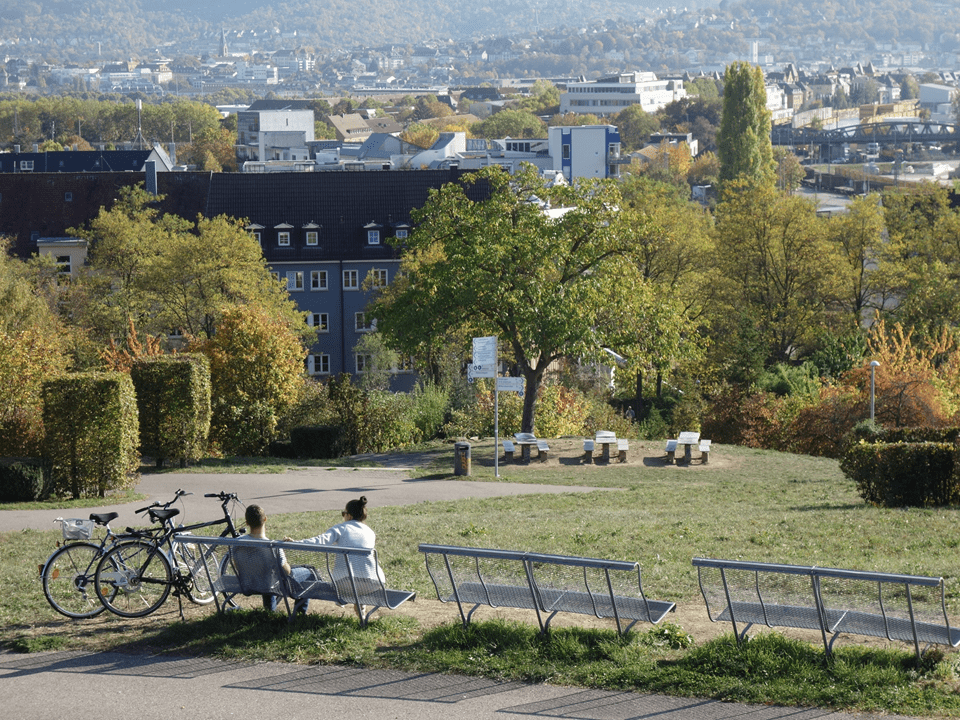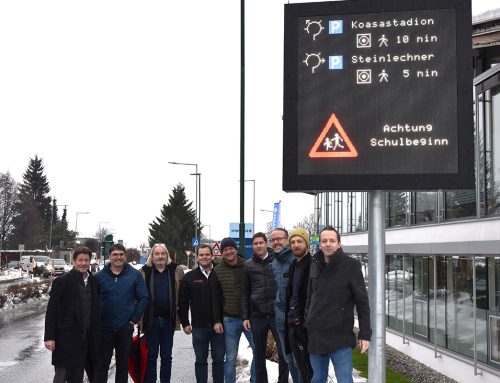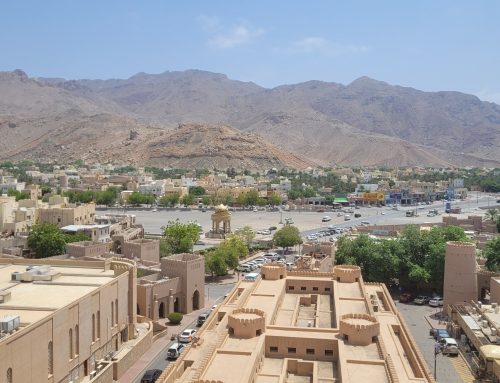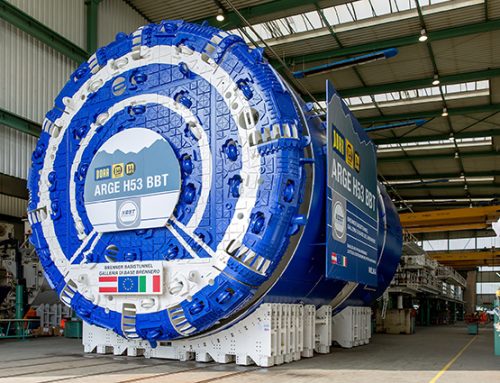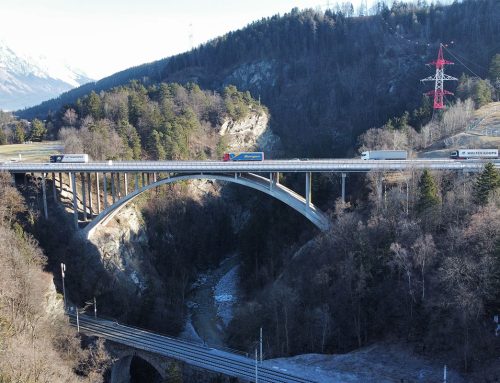In the future, bicycle highways are to strengthen sustainable mobility in Stuttgart and get even more citizens on their bikes. Bicycle highways are direct, high-quality and high-performance connections between districts, municipalities, and within urban areas. By offering new opportunities for long-distance traffic they help create new target groups, especially among people with a preference for private car use. It is not without reason that bicycle highways have become a great source of hope in transport and environmental policy. The most important improvements to be expected are the reduction of CO2, congestion avoidance and positive effects on health.
On behalf of the city of Stuttgart, state capital of Baden-Wurttemberg, the BERNARD Gruppe has carried out a feasibility study for 13 potential bicycle highways together with the design office VIA. The results of the study form the framework planning for the promotion of cycling and urban development in the city.
The study was drawn up in a two-year process involving representatives of the responsible authorities, the neighboring municipalities and districts and the city’s cyclist forum “Radforum Stuttgart”. For a total of 13 corridors, the planners of the BERNARD Gruppe travelled totaling approx. 300 kilometers in length by bike. The total cost of the project was estimated at EUR 125 million. The benefit-cost factor was determined at 2.6. The cost-benefit estimate finally formed the basis for a decision on the continuation of the project.
The goal of the state of Baden-Württemberg is to realize ten bicycle highways by 2025
Julia Domko, BERNARD Gruppe

